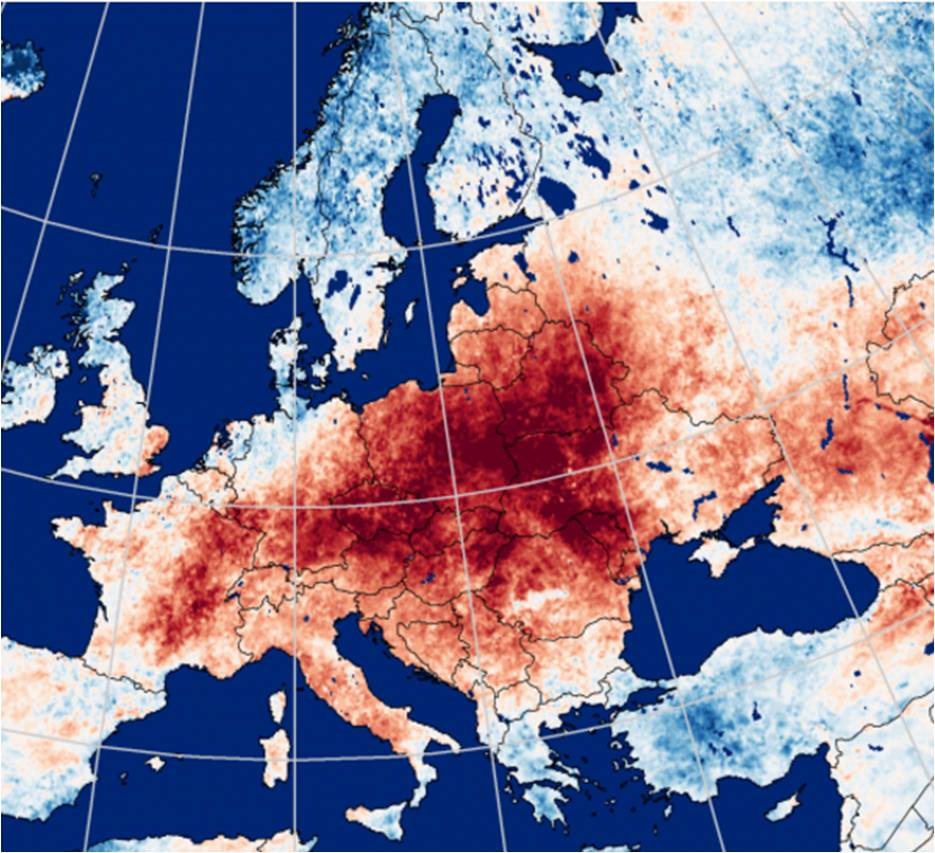beAWARE, an innovative action of the H2020 programme that will provide support to emergency situations
beAWARE, an innovative action of the H2020 programme that will provide support to emergency situations
Ha començat l’1 de gener del 2017 i hi participa el grup de recerca en Tractament Automàtic del Llenguatge Natural, amb Leo Wanner, professor d’investigació ICREA, d’investigador principal, amb l’objectiu de proporcionar tecnologies per a la informació i la comunicació eficients en cas de desastres i situacions de crisi.
The first of January saw the start of the project beAWARE, an innovative action of the European Union’s H2020 Programme involving the Natural Language Processing Research Group (TALN), with Leo Wanner, ICREA research professor with the Department of Information and Communication Technologies (DTIC) at UPF as principal investigator, together with another nine partners coordinated by the Centre for Research and Technology, Hellas (CERTH) in Greece, and will take place over the next three years.

In the event of an emergency caused by a natural disaster or a crisis situation, the main enemy is response time, so it is essential to have good information on the scope, magnitude and the impact of the disaster in order to plan and direct an effective response to the incident.
The main aim of beAWARE is to provide support at all stages of an emergency. More precisely, it is an integrated solution to support forecasting, early warnings, transmission and routing of the emergency data, aggregated analysis of multimodal data and management of the coordination between the first responders and the authorities.
Indeed, the task assigned to members of TALN within the project is to develop natural language processing technologies, both for the supply of information and for effective communication among the agents involved, the authorities, the first responders and those affected by the incident.
The overall context for beAWARE lies in the domain of situational awareness and command and control The general purpose of the project is to make platforms and methodologies that are already being used in the management and prediction of disasters more effective. The first phase is forecasting which must consider the preparations and foresee extreme situations. Once the disaster or crisis situation is established, a second phase is that of observation when, as soon as possible, a careful evaluation of the situation must be carried out in order to determine the scope, geographical distribution and magnitude of the incident. It is crucial to be well aware of what has happened, what the current situation is, and what the consequences of the incident will be. This is followed by a third phase, orientation, in which the information and assessment available are used to plan and coordinate the most efficient actions possible in accordance with the resources available. The last phase is the executive, the decision that is translated into concrete action given the circumstances.
Consortium:
|
|
|
|
|
|
|
|
|
|
